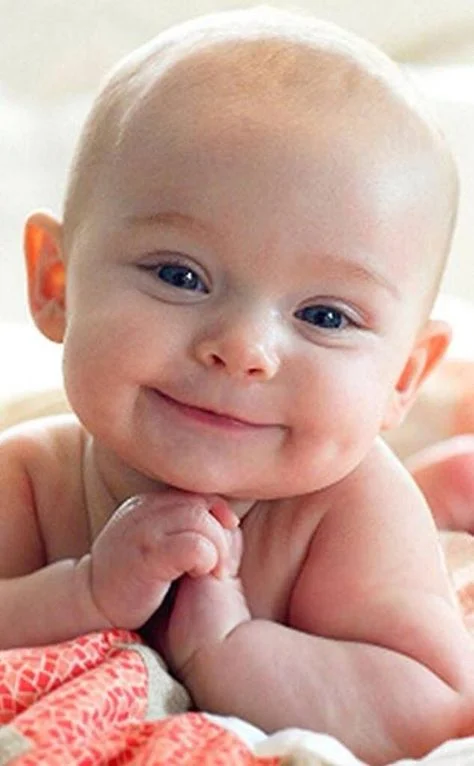
Growing up in America during the 1970s and ’80s is a vastly different experience depending on your cultural background. For instance, while I was immersed in the vibrant sounds of Cuban music and the humor of beloved comedian Álvarez Guedes, my husband, Jake, fondly recalls artists like Fleetwood Mac and Carly Simon from his own childhood. Now, my sons live in a charming suburban home, a far cry from my childhood neighborhood, which was tightly packed and reflective of the city’s chaotic growth.
As my children dive into soccer practice and swim lessons against the backdrop of our deer-filled suburb, I can’t help but wonder how connected they will feel to their cultural roots. Will they grasp the essence of where I came from? Will they carry those traditions into their own lives? I know one thing for sure: my sons have yet to pick up even a hint of Spanish. Sure, I can point to the fact that they aren’t surrounded by a Spanish-speaking community, but it’s still disappointing. My upbringing was entirely bilingual, and Jake, with his limited Spanish, would often lean on me to communicate when we visited authentic Latin eateries.
Many first-generation immigrants maintained a connection to their heritage, finding ways to celebrate their culture in new lands. I often think about Jake’s Jewish ancestors, who likely journeyed from Eastern Europe, arriving at Ellis Island with dreams and little else. They faced challenges that feel distant to him now, as he doesn’t even know Yiddish. In contrast, my own family narrative feels fresh; growing up in Miami, we were among the first to navigate American society, preserving our Cuban traditions while forging new paths.
In my childhood neighborhood, the blend of cultures was palpable. Our holiday celebrations were nothing like the traditional Christmas dinners with ham and Bing Crosby. Instead, we kicked off festivities with lively Latin music, coquito flowing, and a whole roasted pig taking center stage. While we were expected to pursue higher education, many of us stayed close to home, often missing out on the classic college experience of dorm life.
Now, I realize that my upbringing was a unique tapestry of cultures and languages. My generation often found ourselves caught between the traditions our parents brought and the American landscape we were integrating into. Yet, it’s this blend of experiences that I hope my children will embrace. With a Cuban-American mother and a Jewish-American father, they have a rich cultural heritage waiting for them to explore.
If you’re interested in exploring more about family dynamics and cultural identity, check out this blog post about home insemination kits. Also, for those considering fertility treatments, resources like March of Dimes are invaluable for understanding your options.
In summary, cultural heritage can be a complex legacy, especially for children of immigrants. As parents, it’s our responsibility to ensure that our kids understand and appreciate their roots, even if they don’t fully experience them in the same way we did.
